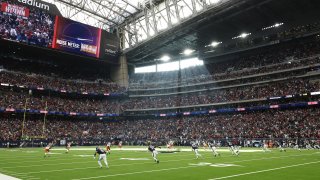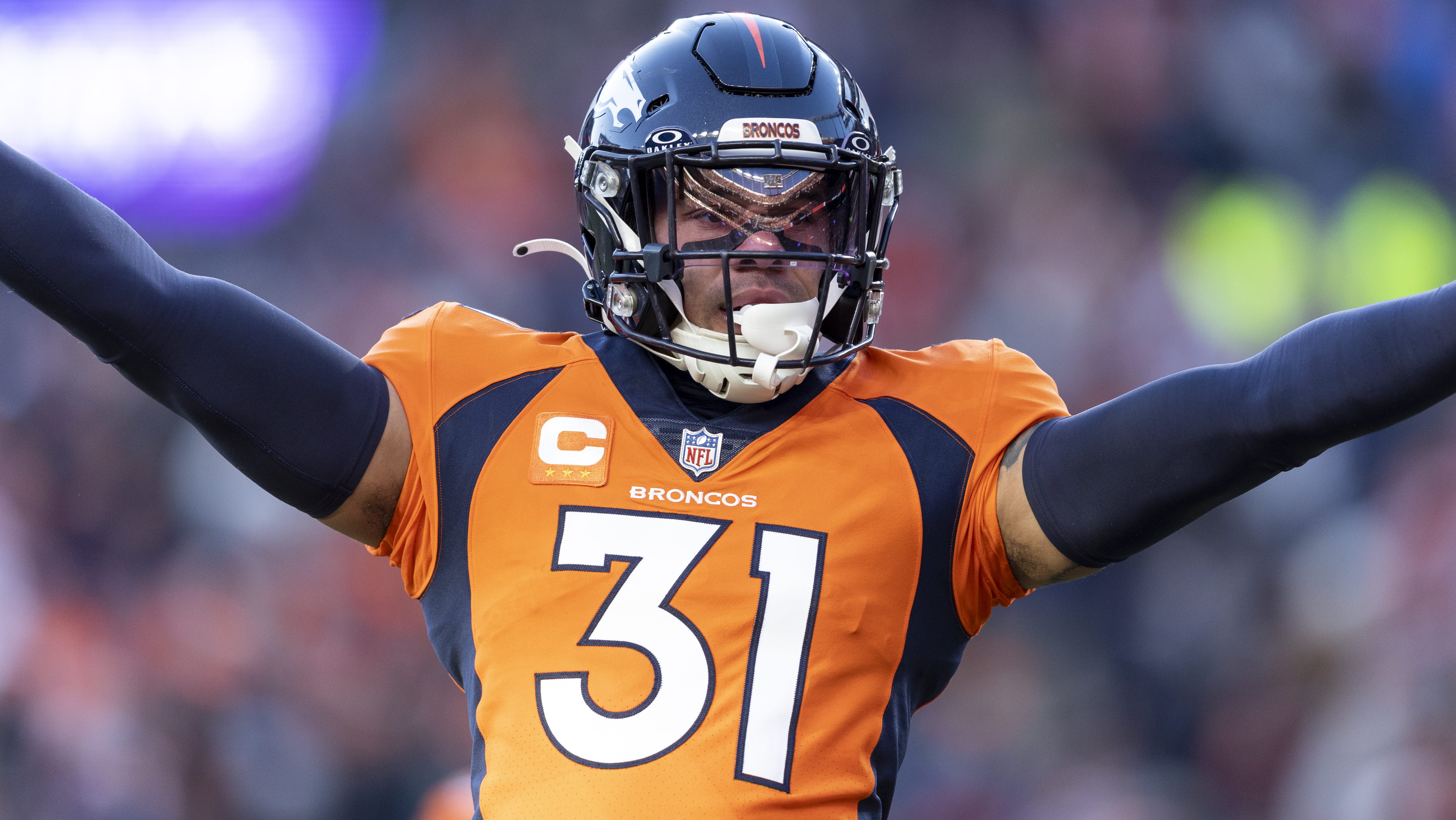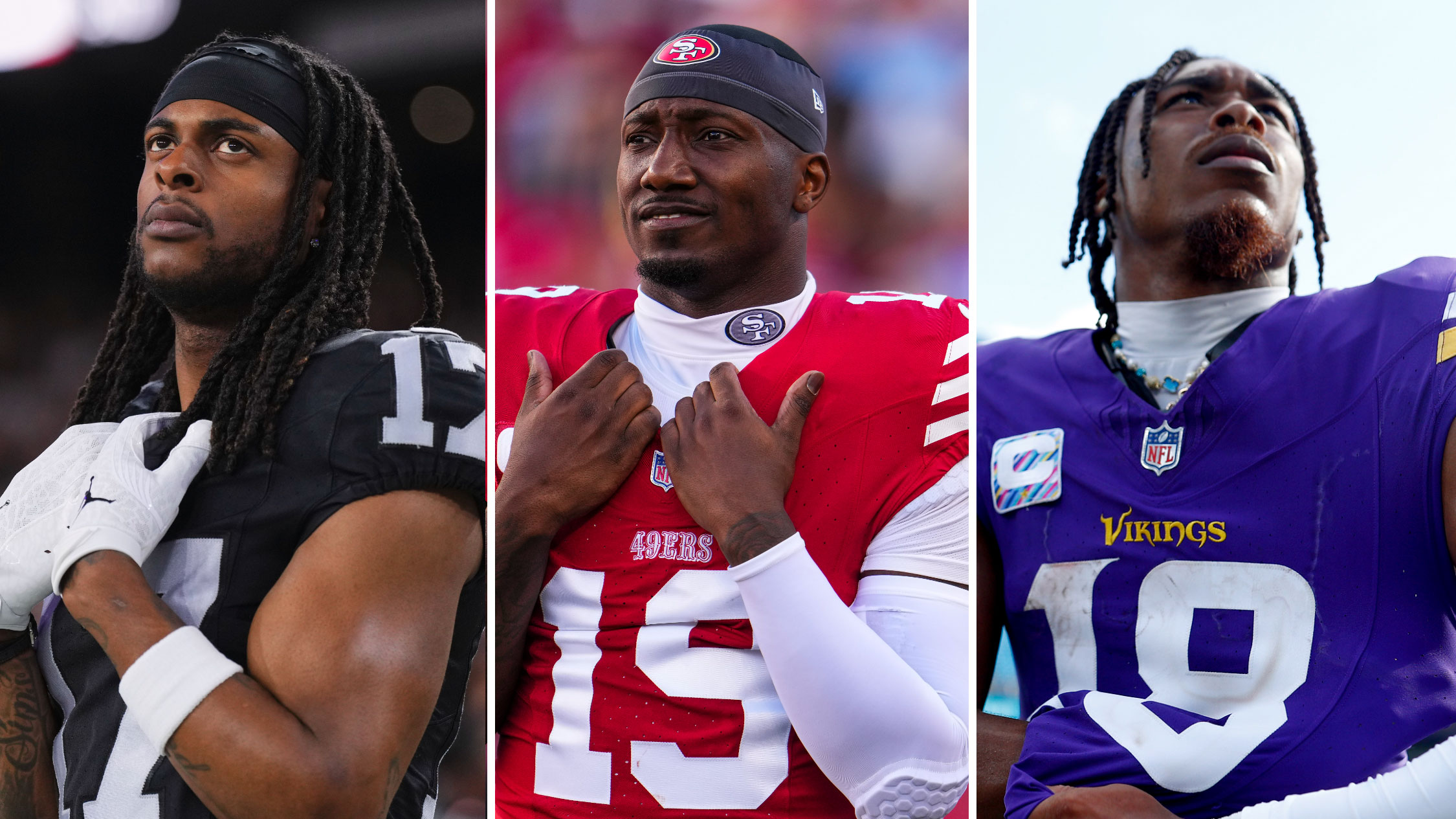
The NFL competition committee is proposing a rule to penalize so-called “hip-drop” tackles and a radical change to kickoffs to add more returns without compromising safety.
The proposals will be presented to owners at the league meetings later this month, with 24 out of 32 votes needed for approval.
The committee didn’t propose any rule changes to limit the use of the “tush push” quarterback sneak that has been so successful for the Philadelphia Eagles the past few seasons, or any change to the rule giving the defensive team a touchback if the team with the ball fumbles through the end zone.
There also were several possible rule changes proposed by teams that the league released last week that included one that would allow replay challenges for penalties called on the field, a change to the onside kick rule and giving teams a third replay challenge if at least one of their first two was successful instead of both.
The biggest change proposed by the competition committee regards kickoffs in an attempt to add excitement with more returns while reducing high-speed collisions that have made the play so dangerous.
The league has spent the past several seasons making kickoff returns less common in hopes of reducing injuries. Data showed a significantly higher rate of injuries on kickoffs compared to other plays.
Last season, returns were attempted on less than 22% of all kickoffs, according to Sportradar, down from 80% as recently as 2010.
The new rule proposal takes elements of the kickoff rules used in spring leagues like the XFL.
For a standard kickoff, the ball would be kicked from the 35-yard line with the 10 kick coverage players lined up at the opposing 40, with five on each side of the field.
The return team would have at least nine blockers lined up in the “set up zone” between the 30- and 35-yard line with at least seven of those players touching the 35. There would be up two returners allowed inside the 20.
Only the kicker and two returners would be allowed to move until the ball hits the ground or was touched by a returner inside the 20.
Any kick that reaches the end zone in the air can be returned, or the receiving team can opt for a touchback and possession at the 35. Any kick that reaches the end zone in the air and goes out of bounds or out of the end zone also would result in a touchback at the 35.
If a ball hits a returner or the ground before the end zone and goes into the end zone, a touchback would be at the 20 or the play could be returned. Any kick received in the field of play would have be returned.
Under current rules, any touchback — or if a returner calls for a fair catch in the field of play — results in the receiving team getting the ball at its own 25.
A trailing team can declare an onside kick attempt in the fourth quarter twice in a game, which would be similar to the current onside kick rules.
The Eagles previously proposed the change to the onside kick rule that would allow a trailing team to attempt a fourth-and-20 play from its own 20-yard line instead of a traditional onside kick up to two times.
Only 5% of onside kicks in the fourth quarter were recovered by the kicking team last season, according to Sportradar. That’s down from 18.8% as recently as 2017 as new rules for safety have made recovering onside kicks more difficult.
The committee also proposed a 15-yard personal foul for hip-drop tackles, which it defined as any time a defender grabs the runner with both hands or wraps the runner with both arms, and then swivels or drops his hips or lower body, landing on and trapping the runner's leg below the knees.
League executive Jeff Miller has said the hip-drop tackle increases risk of injury by 25 times the rate of a standard tackle. The committee views those tackles as being similar to horse collar tackles that were banned before the 2005 season.
The NFLPA is against the rule change, believing it can't be fairly enforced.
“The players oppose any attempt by the NFL to implement a rule prohibiting a ‘swivel hip-drop’ tackle," the NFLPA said in a statement. “While the NFLPA remains committed to improvements to our game with health and safety in mind, we cannot support a rule change that causes confusion for us as players, for coaches, for officials and especially, for fans. We call on the NFL, again, to reconsider implementing this rule.”
The competition committee also proposed several other changes, including making it reviewable on replay if the game clock expired before a snap, to make reviewable by replay if a player was ruled down by contact or out of bounds before throwing a pass, expand crackback block penalties to players in motion and allowing major fouls to carry over following a change of possession.



